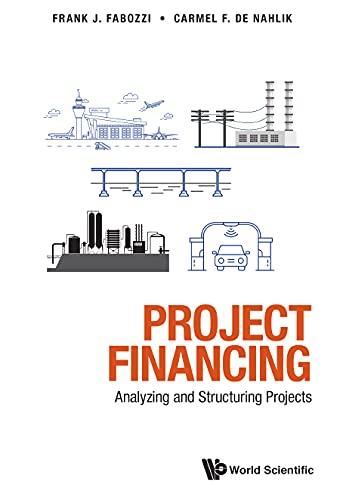
2. Finance chiefs across industries are facing higher costs as the economic rebound drives up demand for raw materials, components, energy, and transportation. Wages are also on the rise, adding to the expenses executives need to cover. Pandemic-related backlogs and shortages have created a supply crunch and the easing of lockdown restrictions has stoked consumer demand. The combination is sending inflation surging to levels not seen in more than a decade. Many of the current generation of chief financial officers have limited experience in managing inflation, following years of low-cost increases in the U.S. and elsewhere, making them seek past playbooks for strategies. Please discuss the challenges facing CFOs in the current environment. How could an inflation forecast assist a CFO in planning for the future? What steps, beyond raising prices, might a CFO take in the context of rising inflation? 3. Many U.S. businesses are cash-rich, thanks to strong earnings in recent quarters fueled by the economic recovery. Fundraising rounds during the onset of the coronavirus pandemic and the availability of cheap debt have caused corporate cash holdings to swell. Companies in the S&P 500 held an aggregate of $3.7 trillion in cash and cash equivalents at the end of the second quarter, up from $3.5 trillion a year before, according to S&P Global Market Intelligence, a data provider. Spending on share buybacks increased much faster than capital expenditures in the first half of the year, after pullbacks in both categories last year amid the pandemic, S&P said in response to a Wall Street Journal data request. Share repurchases at companies in the S&P 500 increased to $370.4 billion, up 29% from the first six months of 2020. Capital spendingwhich usually goes toward assets such as land, buildings, and technology-rose to $337.17 billion, up 4.8% from the year-earlier period. So, what factors do finance chiefs need to consider when deciding how to allocate capital? Why are some people critical of companies undertaking share repurchases? Why do think a new bill from Senate Democrats calls for a 2% tax on buybacks? How did the pandemic impact capital expenditures, dividends, and share repurchase (i.e., how did chief financial officers manage companies' financing during the Covid 19-related downturn)







